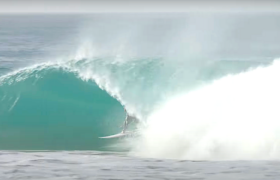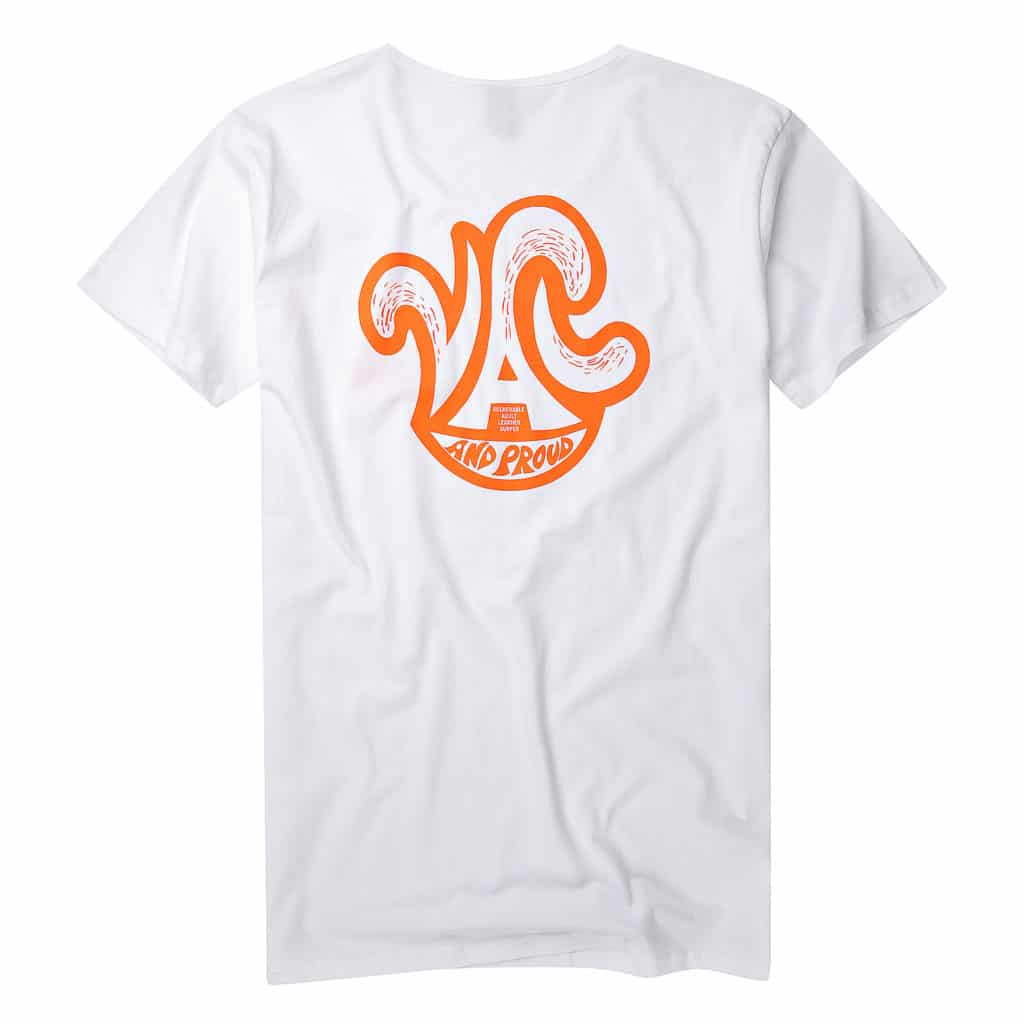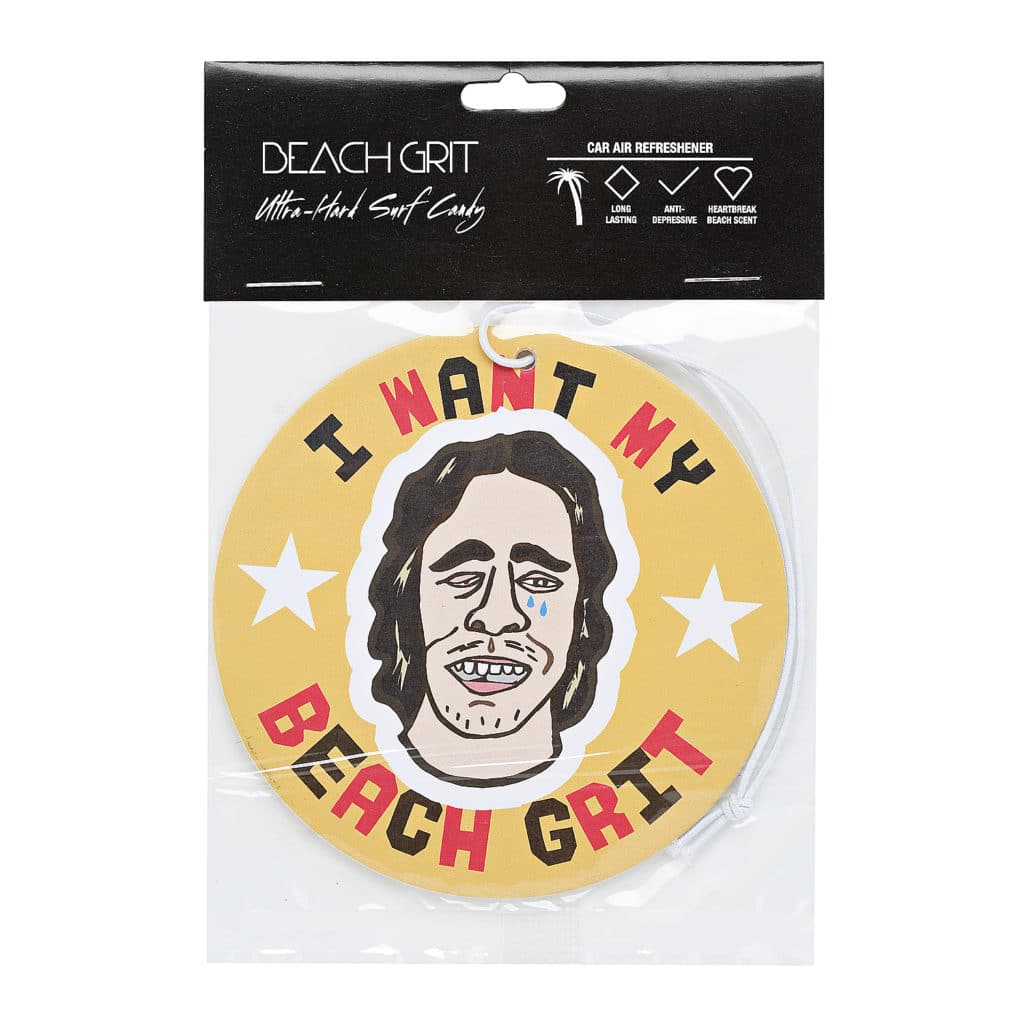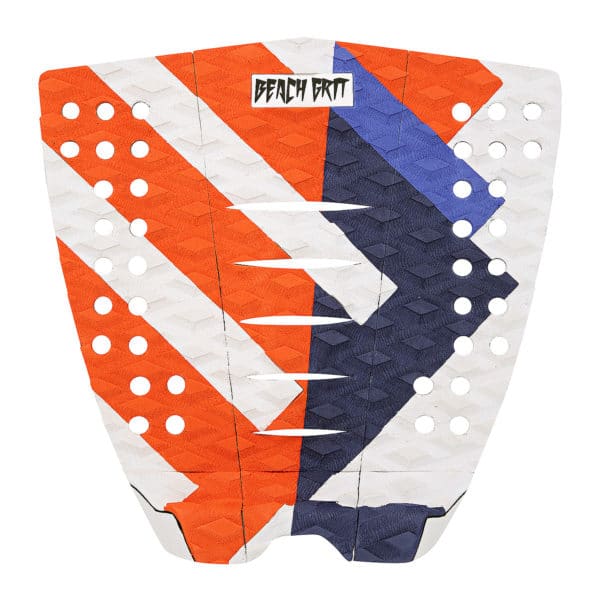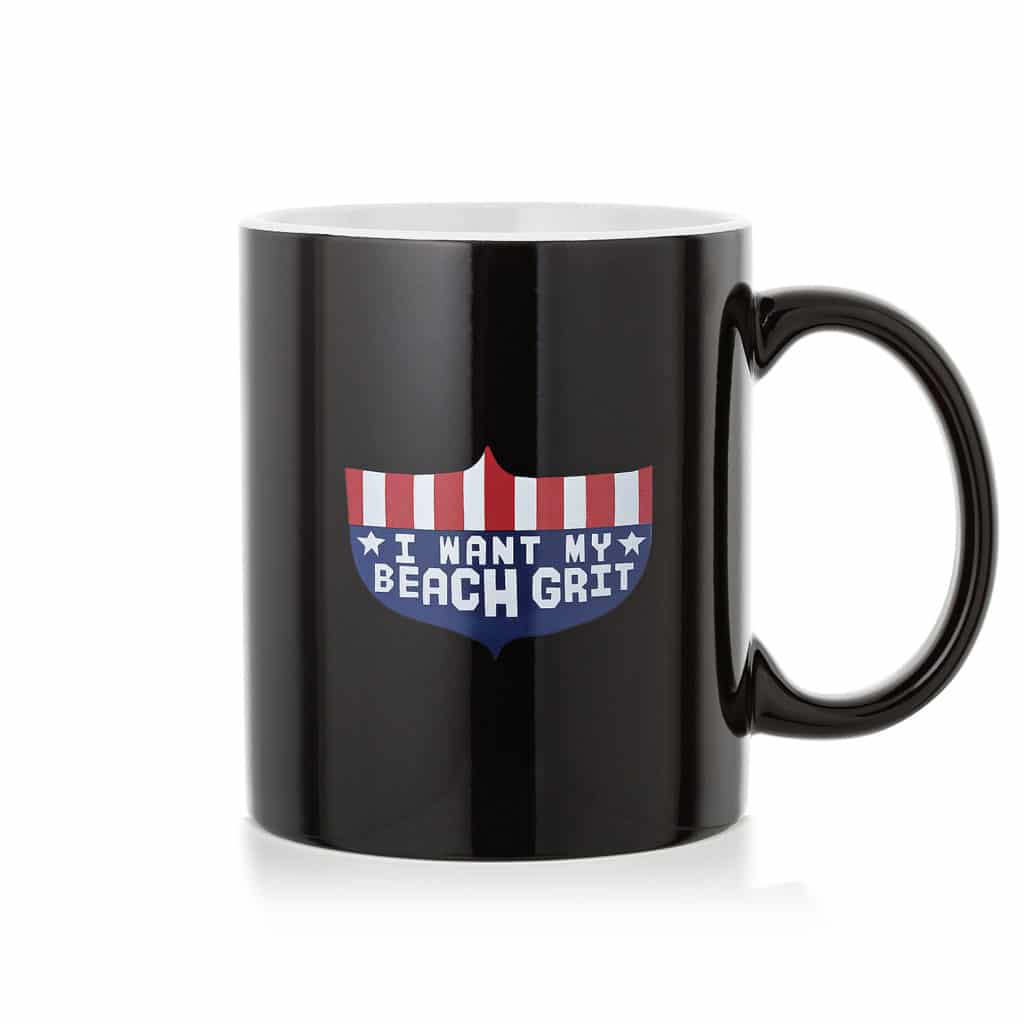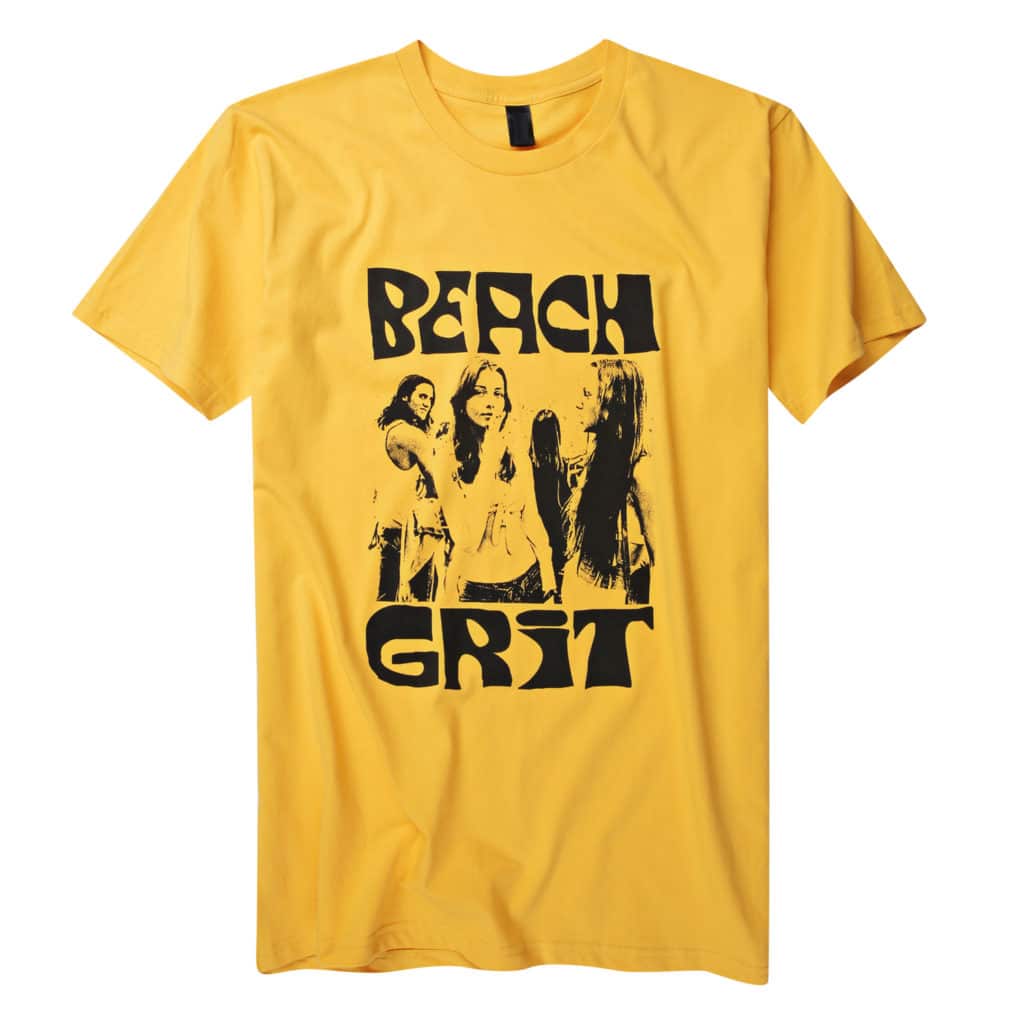Blame Australians (I think)!
I sometimes wonder how the world would be different if I had been born smart. Could I have written a Pulitzer prize winning book about The Surfing Life? Could I have discovered the cure to some heretofore uncurable disease? Might I have been able to write the phrase “…discovered the cure to some heretofore uncurable disease…” without trying and failing to spell uncuralbe six different ways before looking it up and realizing it’s incurable thereby saving twenty-odd seconds?
We will never know because I was born me but if I had been born smart, like super Ivy League smart, I can assure you that I would have employed my brains to uncover inherent bias in World Surf League Championship Tour judging.
Thankfully, Cornell’s Jojo Aboaf, who will graduate in three years, is doing the Lord’s work and let’s go straight to The Cornell Daily Sun for more on his findings.
According to Aboaf’s initial calculations, not only did the scoring panel reflect traces of bias, but the application processes and interviews did as well.
Aboaf also noted that “correlation does not equal causation,” and said that other factors, like event location, might also be relevant to his results.
He created his model by collecting data from the World Surf League website sifted through thousands of data points and web pages using a web scraper — an automated software that extracts data from websites.
In 2018, there were 6,600 waves ridden over the course of the entire competition circuit, Aboaf said, and was able to get information on 6,300 of the wave time frames using his software. Although Aboaf is very tentative on making decisive conclusions because he is “a third of a way in[to]” his project, here’s what he says he’s found so far:
“Most of the people who surf internationally in competitions come from the US, Brazil, Australia, South Africa, Portugal and France,” Aboaf said. “The judging panels are made up of that same core, compact group of countries.”
As he delved deeper into his research, though, Aboaf uncovered “nuances in statistics” that contradicted his earlier predictions and further enriched his findings.
“The data might tell you that an Australian judge on average gives Australian surfers higher scores than non Australian surfers,” he said. “[But] you also have to analyze how Australian judges perform generally speaking because Australian judges could just like to give higher scores.”
“No matter what the outcomes are,” Aboaf said, “there needs to be an emphasis on diversity on judging panels.” From the hiring processes to the review boards, Aboaf deduced that “promoting diversity in those contexts … reduces the chances that biases have true effect.”
Aboaf hopes to publish his findings in an academic journal and inspire Cornell students to take a critical eye to existing systems.
Oh man, I’m so lost. Can you explain to me using what my fifth-grade teacher called “li’l words?”
I’d be greatful.
Gratful.
Gratefull.
Happy.
